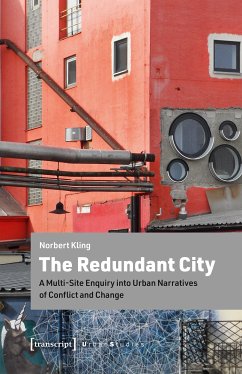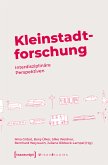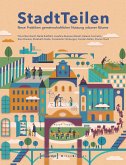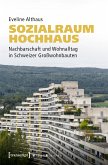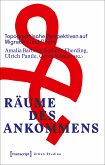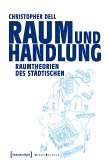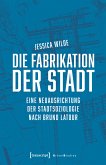Dynamic processes and conflicts are at the core of the urban condition. Against the background of continuous change in cities, concepts and assumptions about spatial transformations have to be constantly re-examined and revised. Norbert Kling explores the rich body of narrative knowledge in architecture and urbanism and confronts this knowledge with an empirically grounded situational analysis of a large housing estate. The outcome of this twofold research approach is the sensitising concept of the Redundant City. It describes a specific form of collectively negotiated urban change.

